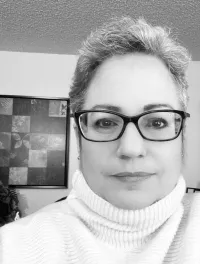Plumbo
Service You Can Trust & Afford
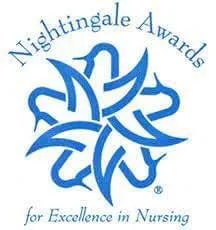
The NURSING WIT AND WISDOM project is proud and honored to have been nominated for the 2015 Nightingale Awards!
Audrey's Blog
Let me share some of my favorite stories with you!
About
Online Courses for Nurses and Preceptors
Fun ways to learn with Clinical Challenges
Blog with lots of Freebies!
Lots of ways to Inspire and Be Inspired!
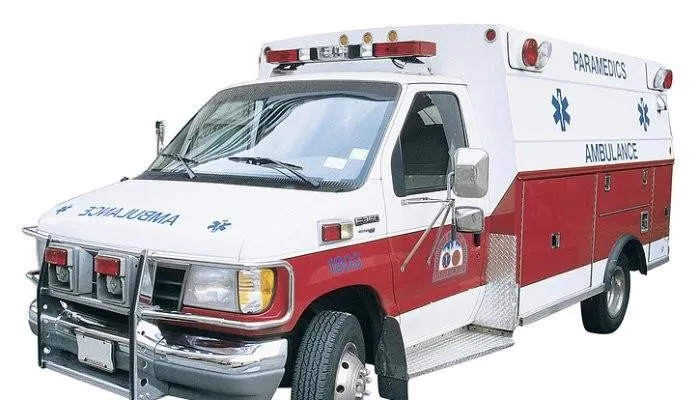
Trauma Care: contributions to Risks or Errors
“Trauma medicine can be somewhat like doing a jigsaw puzzle... backwards.” - Audrey Friedman, RN
Trauma medicine can be somewhat like doing a jigsaw puzzle... backwards. Outwardly, you know there are interlocking sides and flat sides. You don't know which pieces are at the top or the bottom, which are the picture or the sides, or what the picture is about. To do a puzzle backwards takes a specific sequence of priority and planning.
Over the last 50 years the healthcare area of Trauma Medicine has evolved into a highly specific priority and outcomes oriented medical specialty.
Instead of looking only at what arrived at the emergency room door, Trauma Medicine now looks beyond the immediate casualties for immediate, intermediate, late and potential problems. Complications and mortality can happen anywhere along the assessment and diagnostic line of care.
Trauma Medicine often starts with complete unknowns about a patient except for the injury. In the complexity of today's medical care, unknowns care become unintentionally complicating or even deadly in a trauma situation.
Underlying problems such as:
* Disease history: diabetes, cardiac, pulmonary, neurological, cancer, mental problems, altitude, Alzheimers/dementias, Advanced Directives
* Medication history: cardiac (anticoagulants, antihypertensives, heart failure), pulmonary (including COPD, asthma), insulin, chemotherapy, smoking, addiction, (prescribed and illicit drugs), antipsycotics,
* Psychosocial history: mental disorders, aging, language barriers, out of town, single parent, homeless
... can all complicate assessments and outcomes from every phase of trauma care. Specific information regarding medical history, medications and treatment may or may not be available at the onset of medical intervention.
Trauma care starts with a triage assessment, where the objective is to prioritize patients with a high possibility of clinical deterioration. Specific response protocols include which teams/providers respond to trauma calls. Assessment continues through primary survey, resuscitation, secondary survey, definitive treatment or transfer to a trauma center. Assessment, diagnostic and treatment protocols are highly developed in accordance to trauma care guidelines, research and experience.
These protocols can differ by diagnoses, team members, resources available and urgency to transfer patients, depending on the hospital or response teams' level of trauma category. Rural hospital and response teams can differ from Level I/II trauma centers in all these areas. Hospital and response teams have developed highly integrated systems of referral and transport for trauma situations and patients can be transported by AirLife systems from basic emergency care systems to high level trauma centers if needed.
What does this mean to the discovery process of a case involving trauma?
Specific questions to consider in analyzing a trauma case would include:
The level of trauma accreditation of the institution.
Association guidelines for Emergency Responders to Hospital assessment and transport.
Triage guidelines.
Team responders.
Training and education of medical and nursing personnel.
Specific guidelines for general trauma care and diagnosis specific care.
Co-morbidities of patients that are potentials for complications to care or outcomes.
When researching and organizing a legal case involving trauma, resources have a hierarchy or origination.
The American College of Surgeons' Program: ATLS/Advanced Trauma Life Support is considered by the medical community to be the standard of care for trauma patients. This program includes standards and guidelines of care, registries and research publications for general and specific trauma topics. Trauma Medicine, Critical Care and Emergency Medicine teams coordinate care to strategize assessment, diagnoses and treatment plans.
The next resources to consider would be specific medical and nursing associations, such as: Trauma, Critical Care, Emergency Care, Surgery and EMT/Emergency Responders. These associations include standards of care and research publications. They will also resource training and continuing education standards for providers in trauma, emergency room and critical care.
Next in priority would be guidelines for specific trauma injuries or subsequent problems. This information could be found in any of the above medical and nursing associations as well as medical research sites such as PubMed, MDConsult, or Medscape. Your Legal Nurse Consultant is invaluable to navigate and prioritize this research, identify and network with the appropriate medical and nursing experts and streamline information specifically to the needs of your case.
Determining whether an unfortunate outcome is a result of error, pre-existing disease, medication involvement or simply the unfortunate outcome of a tragedy will be the work of the combined efforts of your legal team and medical/nursing resources.
Helping You Find The Answers,
Audrey Friedman, RN
Friedman Medical Legal Consulting, LLC
I want nurses to feel excited about their work.
To feel empowered, connected and inspired when they make a difference in another person's life.
Come join me in renewing our connection, commitment and inspiration for Nursing:
reviewing clinical knowledge, enjoying fun clinical challenges, healing burnout and being inspired!
We are an award winning plumbing company with over 20 years experience in the business. We provide a wide range of services for both residential and commercial clients.

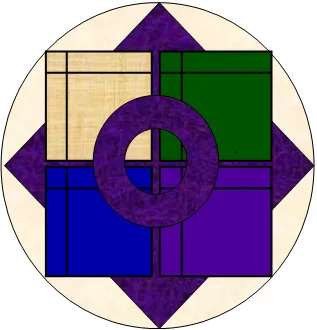
My Blog with
Clinical Challenges


Courses for Nurses and
The Preceptor Academy
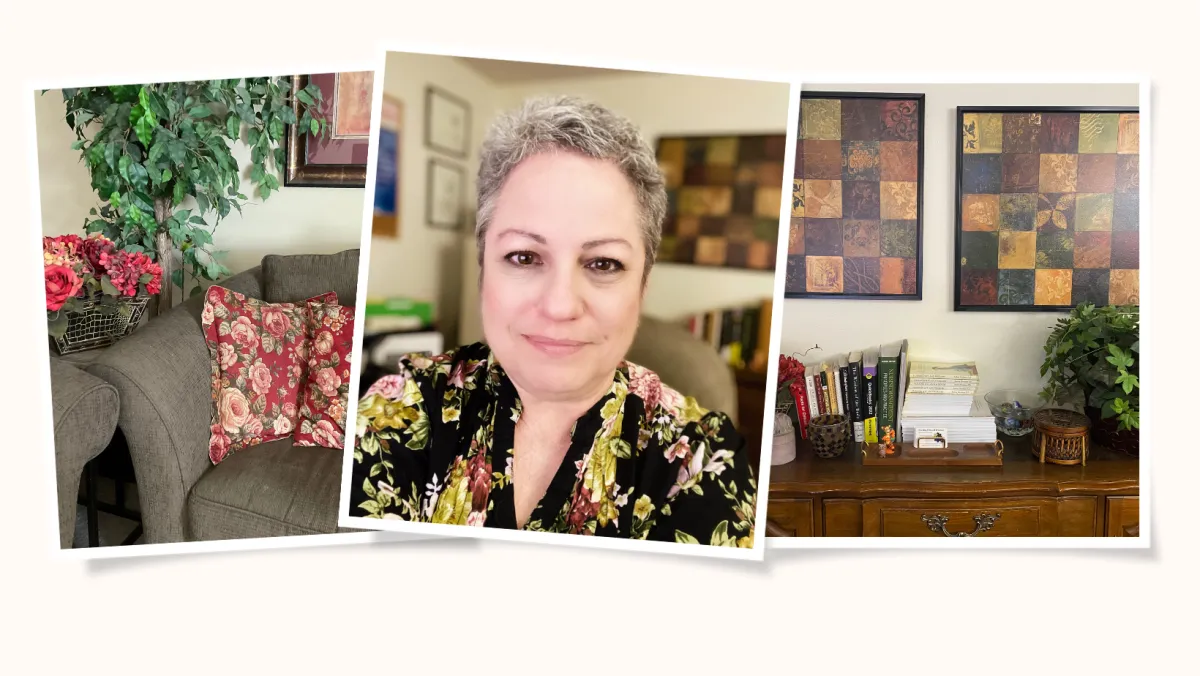

Coaching with Audrey
Preceptor Academy
Clinical Challenges
Resources
Inspirations!
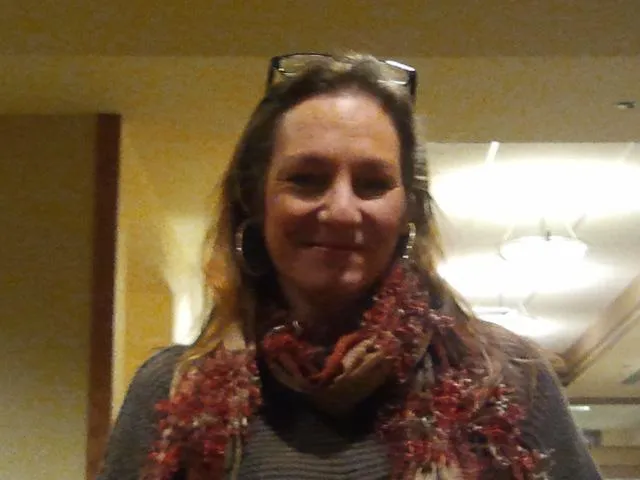
"I have had the pleasure to read quite a few of Audrey's work, and they have always been enjoyable, as well as educational. Don't miss out on a chance to read such a witty, informative, educational and memorable journey with insight only a dedicated nurse could share with us."
Jill Oldehoff
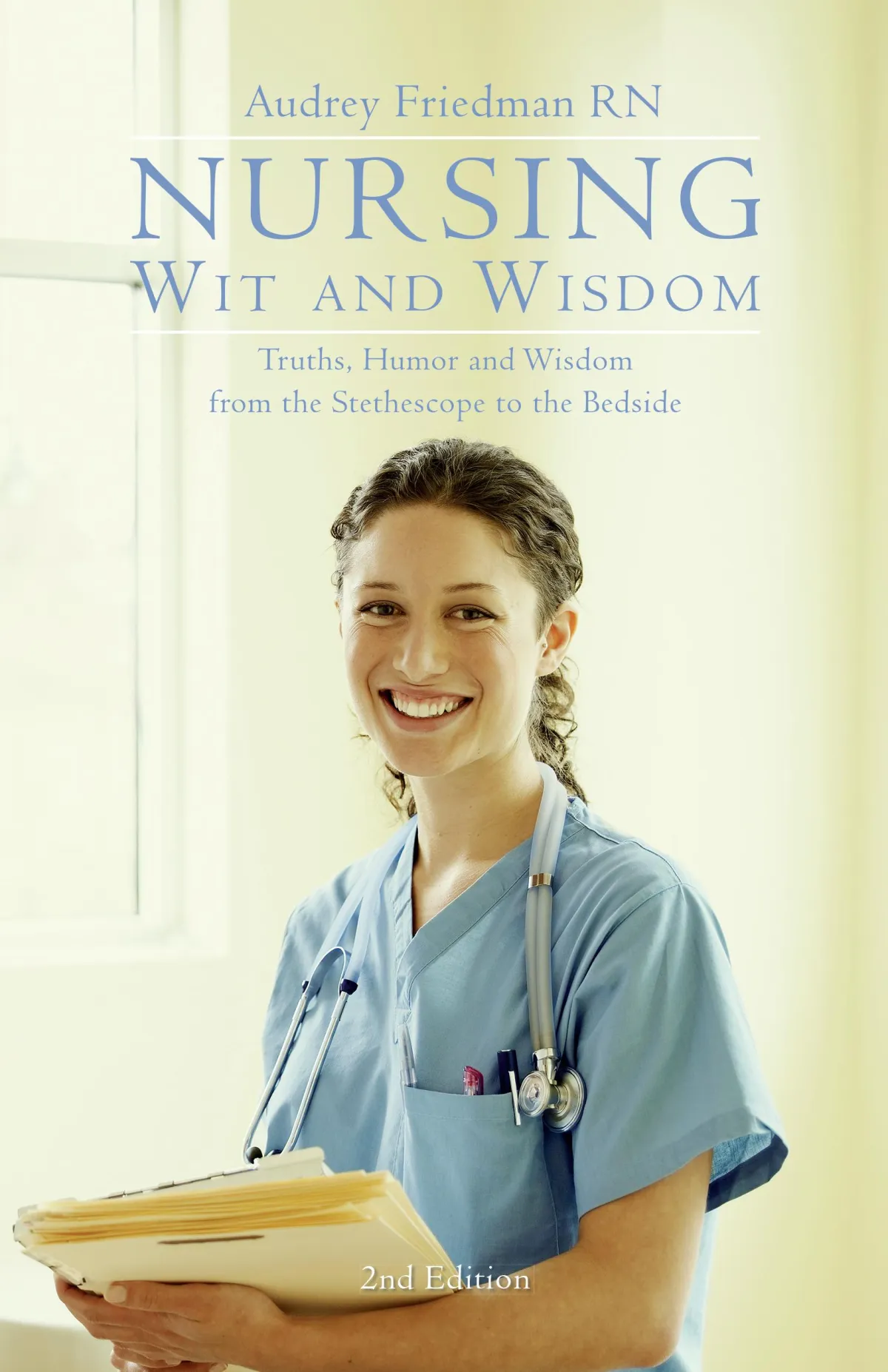
Nurses have the unique privilege to have a backstage pass to our patients' and families' journeys. In the process, we teach, listen, clean up things only your mother or a toxic waste company would touch, and love to wake up doctors in the middle of the night.
And hopefully, we inspire and share our wisdom along the way.
The journey is not only for them, but for us as well. Our own journey as nurses has been seeded by what we experience. Do you see them as gifts or challenges? Can both inspire you?
I hope so!
This is the perfect companion for nurses, nursing students, medical students and all those who share in a nurse's life.
Share it with someone!
Inspire and Be Inspired!
Audrey Friedman, RN
2015 Nightingale Award nominee
"This book should be in the hands of every single nurse on the planet!"
- Sara Davenport
